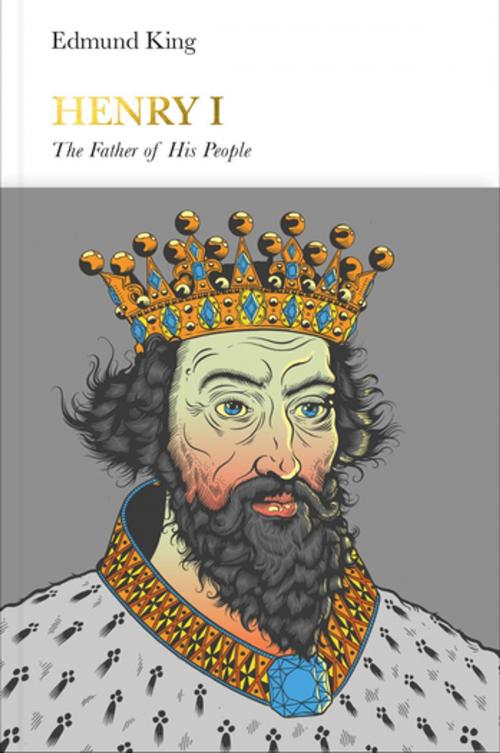| Author: | Edmund King | ISBN: | 9780141978994 |
| Publisher: | Penguin Books Ltd | Publication: | July 26, 2018 |
| Imprint: | Penguin | Language: | English |
| Author: | Edmund King |
| ISBN: | 9780141978994 |
| Publisher: | Penguin Books Ltd |
| Publication: | July 26, 2018 |
| Imprint: | Penguin |
| Language: | English |
The youngest of William the Conqueror's sons, Henry I (1100-35) was never meant to be king, but he was destined to become one of the greatest of all medieval monarchs, both through his own ruthlessness and intelligence and through the dynastic legacy of his daughter Matilda, who began the Plantagenet line that would rule England until 1485. A self-consciously diligent and thoughtful king, his rule was looked back on as the real post-invasion re-founding of England as a new realm, integrated into the continent, wealthy and stable.
Edmund King's wonderful portrait of Henry shows him as a strikingly charismatic and thoughtful man. His life was dogged by a single great disaster, the death of his teenage heir William in the White Ship disaster. Despite astonishing numbers of illegitimate sons, Henry was now left with only a daughter. This fact would shape the rest of the 12th century and beyond.
The youngest of William the Conqueror's sons, Henry I (1100-35) was never meant to be king, but he was destined to become one of the greatest of all medieval monarchs, both through his own ruthlessness and intelligence and through the dynastic legacy of his daughter Matilda, who began the Plantagenet line that would rule England until 1485. A self-consciously diligent and thoughtful king, his rule was looked back on as the real post-invasion re-founding of England as a new realm, integrated into the continent, wealthy and stable.
Edmund King's wonderful portrait of Henry shows him as a strikingly charismatic and thoughtful man. His life was dogged by a single great disaster, the death of his teenage heir William in the White Ship disaster. Despite astonishing numbers of illegitimate sons, Henry was now left with only a daughter. This fact would shape the rest of the 12th century and beyond.















